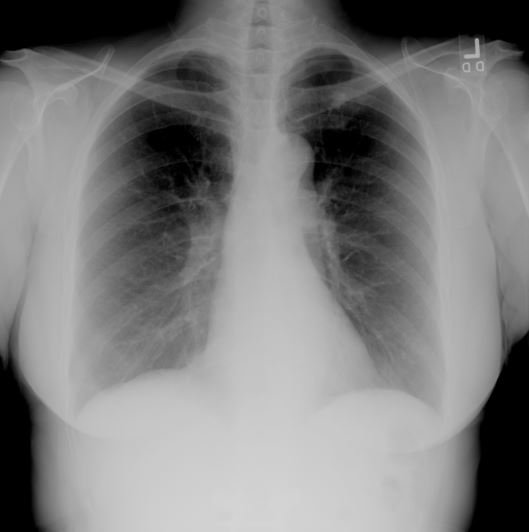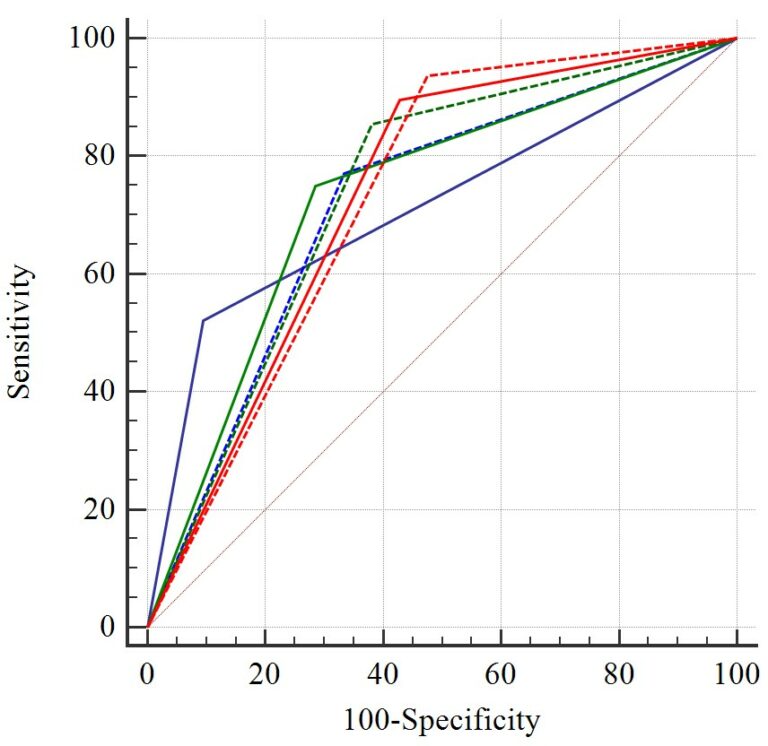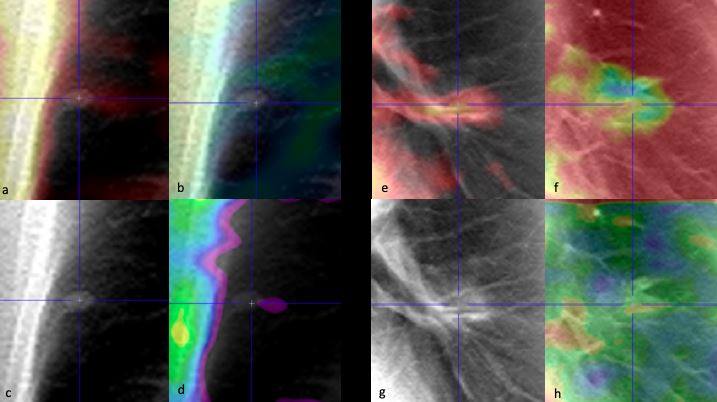
AI-based improvement in lung cancer detection on chest radiographs: results of a multi-reader study in NLST dataset
Our study included 519 screening chest radiographs (CXRs) from 294 patients enrolled in the National Lung Screening Trial (NLST) who either had proven to have lung cancer or did not have lung cancer over the duration of the trial. Five attending radiologists and three radiology residents from South Korea and the U.S. independently assessed all CXRs for the presence of











